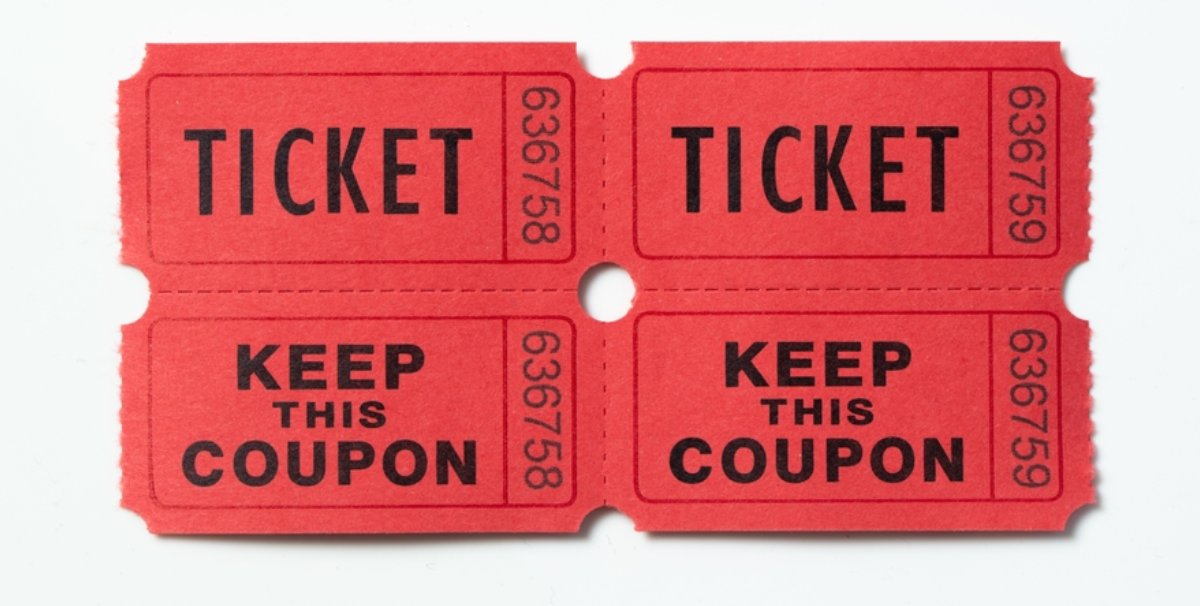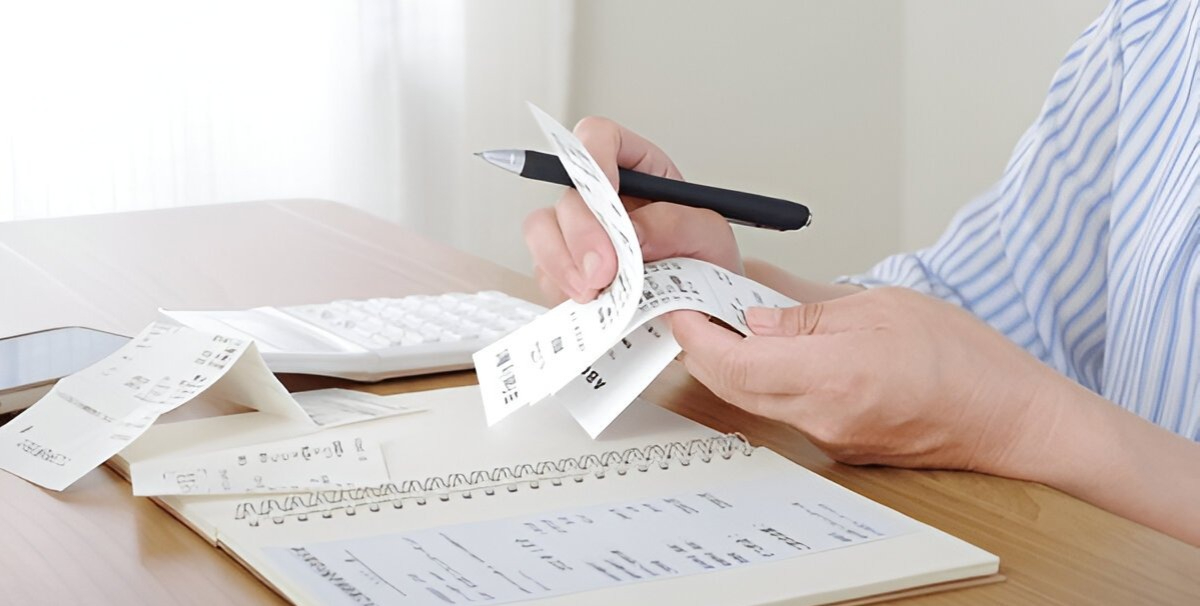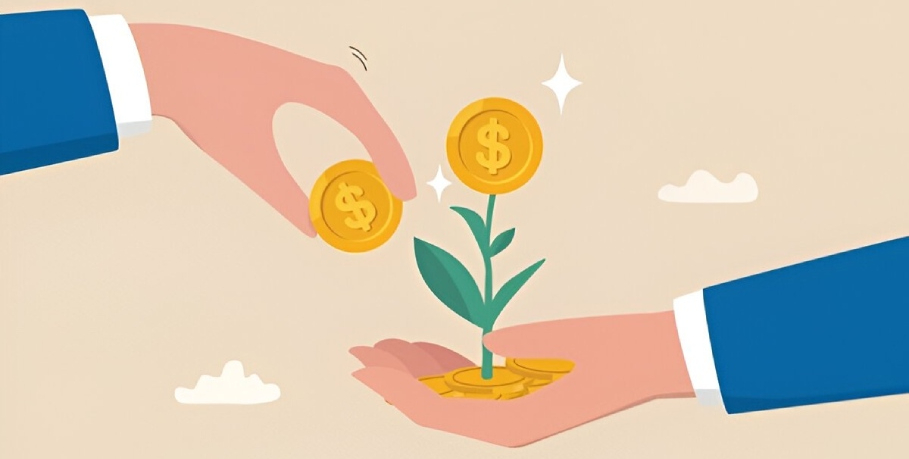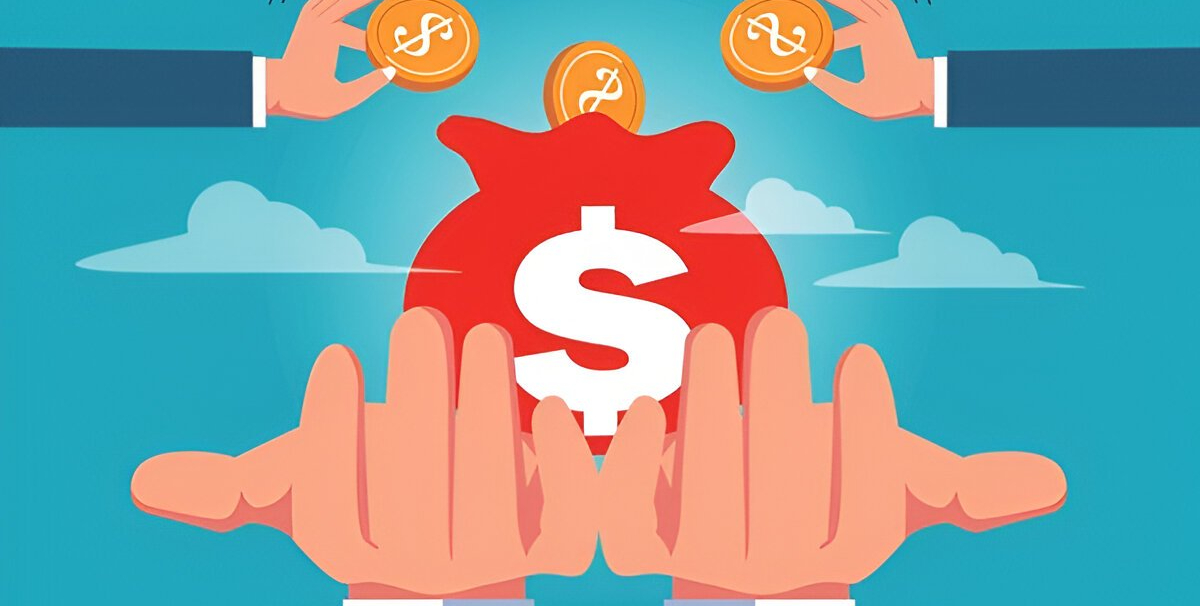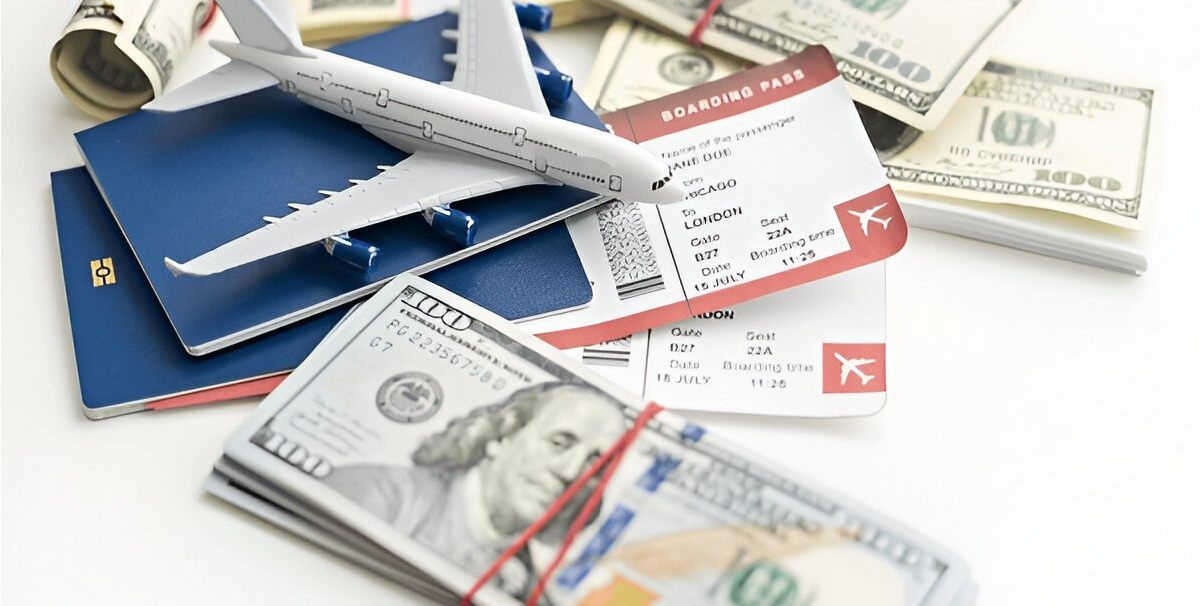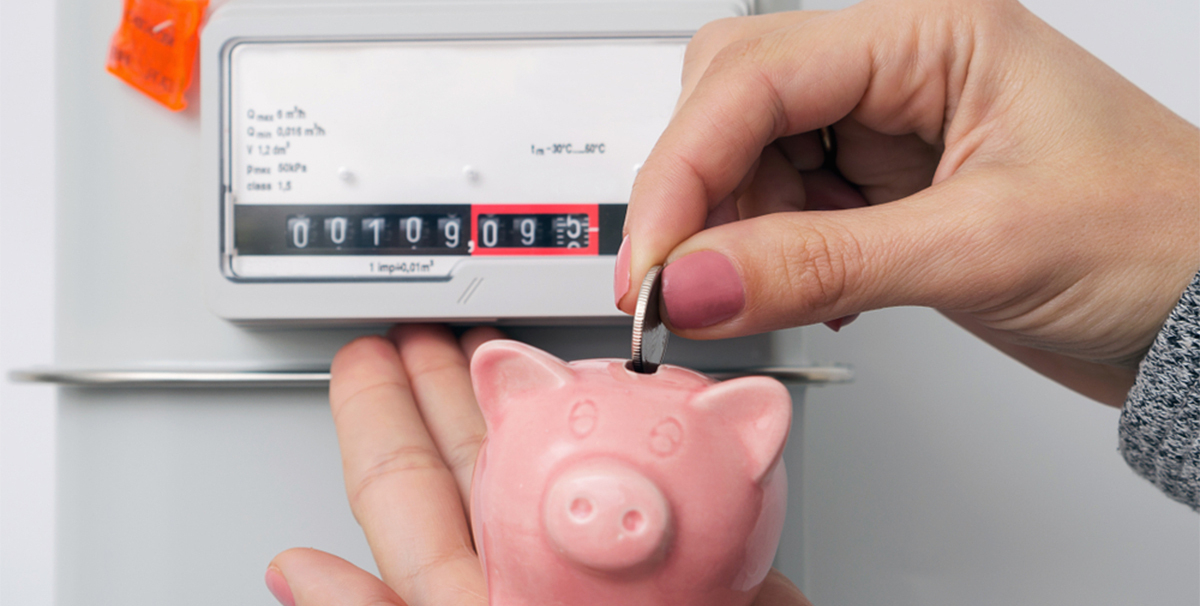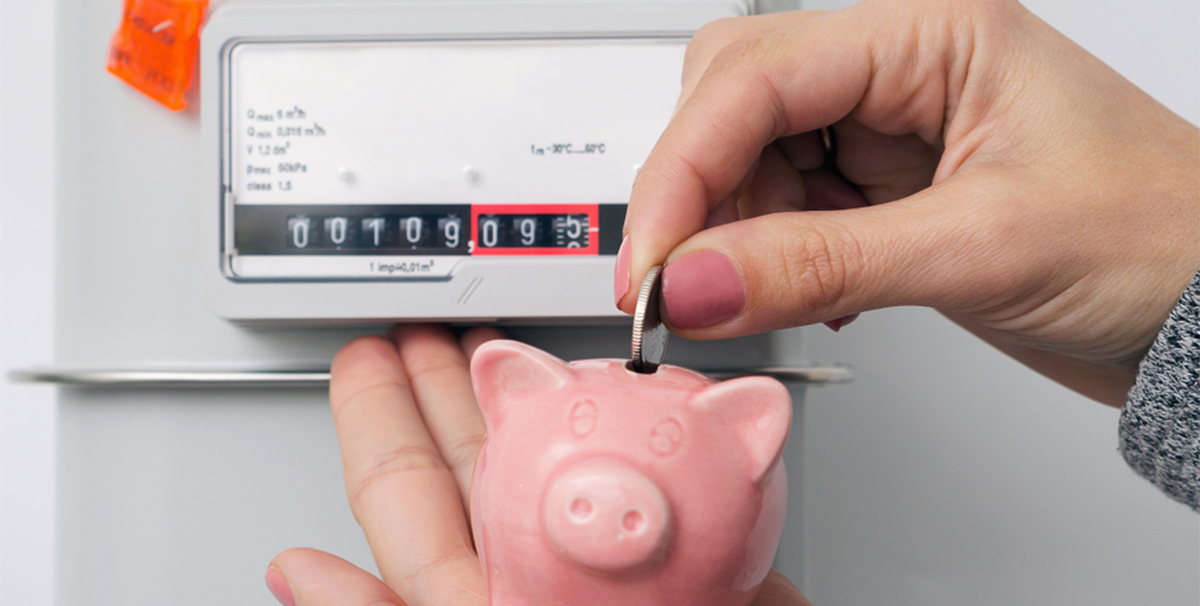Why the Importance of Money Management Can’t Be Overlooked


We all want money. Not because we are materialistic or greedy (although a trip to Switzerland never hurt anyone, right?), but everyone wants to have a stable life, and money is essential for this. Rent doesn’t pay itself, and coffee somehow keeps getting more expensive. But the real trick isn’t just making money. The magic is in managing it.
Now, I know what you’re thinking: “Here comes another boring lecture about budgeting and savings.” But hang on. This isn’t that. This is more like a friendly conversation, where we talk about the little (but powerful) things that can make your financial life a whole lot easier. And maybe, just maybe, make your future self want to give you a big high-five.
Let’s discuss why money management is important and how we can do that without making it feel like a chore.
Let’s not overcomplicate this. Money management is just what it sounds like: handling your money in a way that keeps you from waking up in cold sweats at 3 a.m. because your bank account is screaming for help.
It’s about your choices. Like deciding whether you really need that second streaming subscription when you barely finish shows on the first one. Or resisting the urge to “treat yourself” every weekend with retail or food therapy.
In simple terms, money management is planning what comes in, what goes out, and what you should probably hold onto. It’s the habit of thinking before swiping and saving before splurging.
And no, you don’t need to be a spreadsheet maniac or have five bank accounts. Even small changes can do wonders.
Let’s talk about why this even matters. Because it does. More than most people like to admit.
If you’ve ever had to dodge calls from unknown numbers because you “think” it might be the bank, you already know how stressful poor money habits can be. One of the best things money management gives you is peace of mind. When you’re not constantly worried about bills, rent, or surprise expenses, your brain has room to breathe. And who doesn’t want a good night’s sleep without dreaming of unpaid credit cards?
Ever felt like your money disappears faster than your phone battery? That’s financial chaos. Money management puts the brakes on that. It gives you a sense of control. When you tell your money where to go instead of wondering where it went, life feels less like a mess.
Want to go on that trip with friends? Buy your mom something nice? Upgrade your phone? When you’ve been managing your money well, these things aren’t guilt-inducing. You can say yes to things without that little voice in your head whispering, “You really shouldn’t be doing this.”
On the flip side, it also helps you say no. No to unnecessary debt. No to panic purchases. No to that monthly subscription you forgot you signed up for in 2018.
Medical emergencies, car troubles, job hiccups, or suddenly needing to fly home for a family thing are bound to happen sometime in life. These aren’t fun, but they happen. Having even a modest emergency fund can be the difference between a stressful situation and a full-on breakdown. Managing money means you’ve got a cushion when life gets wobbly.
Maybe you dream of starting a small café. Or retiring early and moving to the mountains. Or just not worrying about money in your 40s. Whatever your dream is, money will likely play a part in making it real. Managing your money isn’t about being stingy. It’s about giving yourself the freedom to do what you want, when you want, without asking your bank account for permission.
Okay, so now roll up your sleeves. Because let’s be real, not everyone earns the same, and money advice that ignores this fact isn’t very helpful.
That sounds very obvious, you’d be surprised how many people don’t actually know what they earn after taxes or how much they spend on average. Grab a notebook, an app, or even the back of a receipt, whatever works, and just track it. One month. That’s it.
You’ll probably find some interesting things. Like how that daily coffee adds up to more than your phone bill. Or that you’re still paying for a gym you haven’t visited in two years.
Budgeting gets a bad reputation, but it doesn’t mean you need to live on instant noodles. A good budget isn’t about cutting every luxury out of your life. It’s about making choices that feel worth it.
Use the simple 50-30-20 method as a starting point:
50% on needs (rent, groceries, bills)
30% on wants (yes, this includes your cravings, too)
20% on savings or debt repayment
Adjust these numbers if needed. If you’re earning less, maybe your savings are smaller for now. That’s okay. All you have to do is start doing it.
Before you pay anyone else, like Netflix, your landlord, or that delivery app, pay yourself. Even if it’s just 100 bucks a month. Treat your savings like a non-negotiable bill.
Automate this transfer. That way, it’s out of sight and you’re not tempted to spend it. Over time, you’ll build a little pile that feels like a warm blanket. And who doesn’t want that?
If you know you overspend when you're bored, tired, or sad, plan around that. Maybe don't save your card info on every shopping site. Maybe take a walk instead of scrolling through sales. Recognize your patterns, and don’t pretend you’re a budgeting superhero if you’re not.
As your income increases (and it likely will over time), don’t instantly upgrade every part of your lifestyle. Yes, it’s tempting. But lifestyle creep is sneaky. Instead of going from a used Honda to a luxury car the moment you get a raise, maybe increase your savings and pay down debt first.
Saving money doesn’t mean turning into that person who hoards ketchup packets or brings their own snacks to a movie theater (although hey, no judgment if you do). It just means getting more for your money wherever possible, and that starts with being a little clever.
If you’re shopping online or even grabbing something from the grocery store, check for coupons, promo codes, or cashback offers. You’d be surprised how many times a quick “XYZ store coupon code” search has saved people a few bucks in 30 seconds.
Managing money isn’t about being rich. It’s about being ready. Ready for the fun stuff, the hard stuff, and everything in between. It’s about taking care of Future You, the one who wants less worry and more freedom.
No one has it all figured out. Some months will be messy. Some days you’ll splurge on sushi or forget about your budget entirely. That’s fine. The goal isn’t perfection. The goal is to know the importance of money management.
So take it one step at a time. One smart choice today is better than fifty perfect ones tomorrow. And remember, even if your wallet isn’t bursting, your mindset can be rich. And that’s a pretty great place to start.

Hey, I’m a writer, money-saver, and fan of all things budget-friendly. I’m here to make saving money feel less like a chore and more like a lifestyle that actually works. I share practical tips, smart tricks, helpful coupons, and real-life hacks to help you spend smarter, stress less, and still enjoy the little things.






